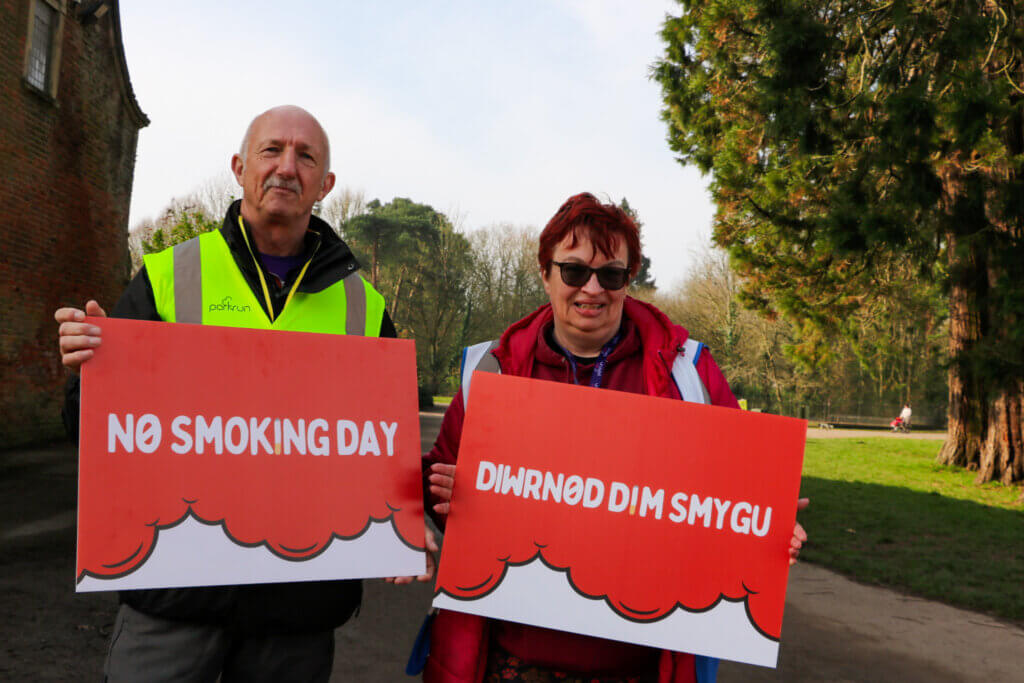To mark World Cancer Day, we’ve taken a look at the smoking and cancer connection and how the chemicals in tobacco lead to catastrophic changes in our DNA.
Smoking and cancer go hand-in-hand. It is the single biggest preventable cause of cancer in the UK, according to Cancer Research UK, leading to 15 different forms of the disease.
The cancer is caused by the chemicals contained in cigarette smoke which are inhaled then enter the bloodstream. The most common form of cancer caused by smoking is lung cancer. Smoking causes around 7 out of every 10 lung cancer cases in the UK and it is the most common form of cancer deaths, including in Wales where it kills more people than bowel and breast cancer combined. Other cancers caused by smoking include mouth, pharynx (upper throat), noses, sinuses, larynx (voice box), oesophagus, liver, pancreas, stomach, kidney, bowel, ovary, bladder, cervix and some forms of leukaemia.
There are different ways in which the chemicals in tobacco smoke lead to cancer. One way is that the chemicals actually damage the DNA in our bodies. DNA controls the way cells behave. One chemical contained in cigarette smoke, benzopyrene, damages a part of our DNA that usually protects our cells from becoming cancerous.
Other chemicals, such as chromium, cling strongly to our DNA, creating a high risk that the cells will develop into cancer.
The chemicals also damage the cleaning system within our bodies that is used to remove toxins, making it harder for smokers to handle toxic chemicals compared to those with healthy lungs.
The more cigarettes a day you smoke, the higher your risk is of developing cancer. Each cigarette is capable of damaging DNA. It is the build of up damage in a cell that leads to cancer. According to Cancer Research UK, research has shown that for every 15 cigarettes smoked, there is a DNA change which could cause a cell in the body to become cancerous.
Stopping smoking is the only way to reduce your risk of developing cancer. It’s never too late to take that step. If would like more advice on how to quit, contact NHS Wales’ Help Me Quit service on 0800 085 2219 or click here









